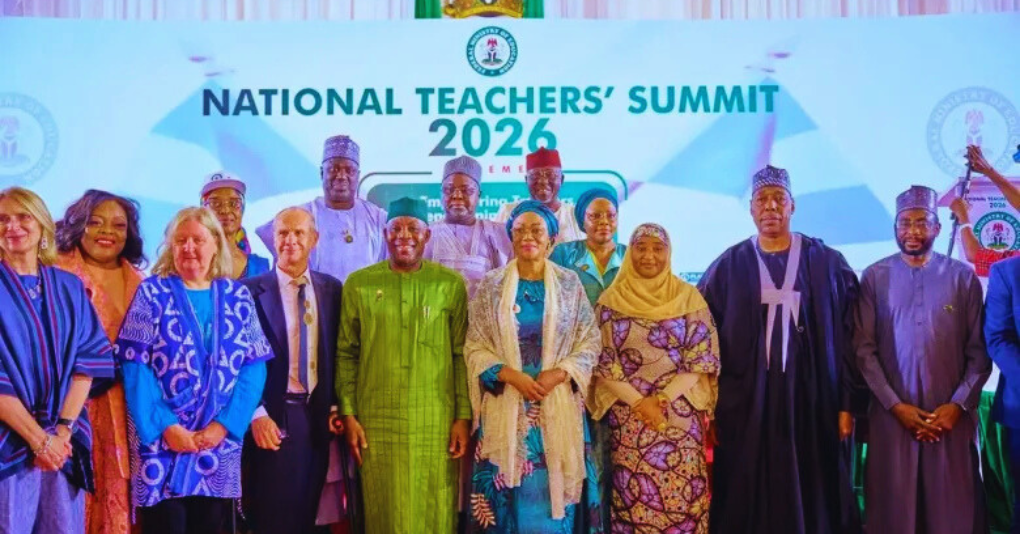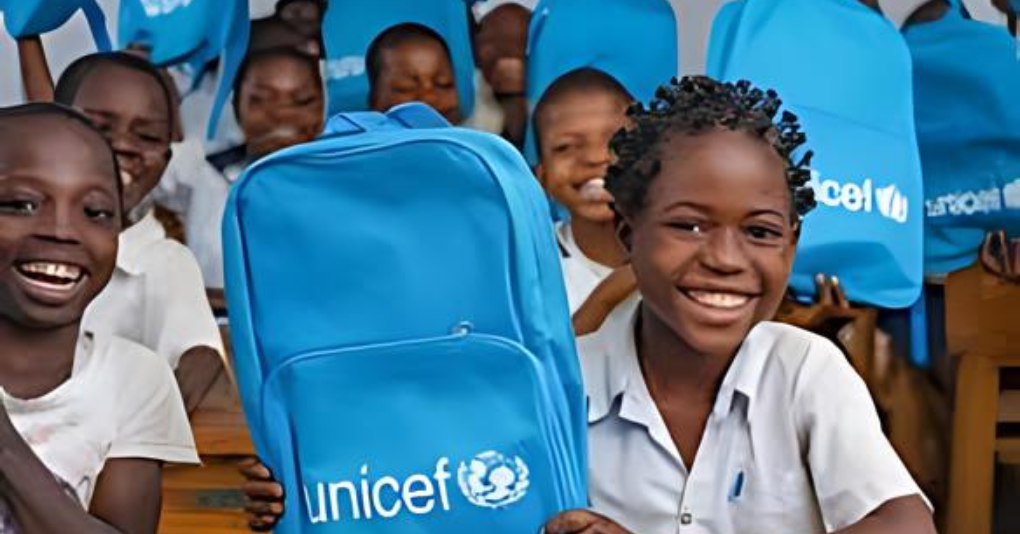As the world marks World Youth Skills Day, UNICEF Nigeria, yesterday, reaffirmed its commitment to equipping young Nigerians with critical digital and entrepreneurial skills to bridge the country’s digital divide.
UNICEF, in partnership with the Nigerian government, private sector players, like Microsoft, Airtel, IHS Towers, and international partners, aims to reach 20 million young Nigerians with digital skills, workplace readiness, and entrepreneurship training by 2030.
In an interview with media, Babagana Aminu, UNICEF Nigeria Education Specialist, explained that the initiative had already reached over nine million youths since its launch in 2021 under the Generation Unlimited Nigeria (GenU) platform.
“Jobs of today and tomorrow demand digital skills, especially in AI and emerging technologies,” Aminu said, adding, “Our mission is to prepare Nigeria’s youth to thrive in this evolving landscape and become better citizens.”
He identified major barriers to skills acquisition for Nigerian youth, including poor broadband penetration, lack of electricity in rural areas, and widespread unemployment.
Aminu stated, “While 159 million Nigerians have access to the internet, only about 50 per cent have meaningful broadband access, and in rural areas, digital literacy offerings are available in just 20 per cent of schools.”
To counter those challenges, the education specialist stated that UNICEF was providing free access to skills training through platforms, like the Nigerian Learning Passport (NLP), developed in collaboration with Microsoft and the Federal Ministry of Education.
He said, “Airtel users, for example, can access these learning platforms without needing data, ensuring inclusion even in underserved communities.”
Aminu added that through its passport to earning programme, UNICEF was delivering courses on digital literacy and generative AI.
He said, “In 2025 alone, UNICEF plans to train 700,000 youths in AI skills and 500,000 in basic digital literacy. We want to ensure Nigerian youth are not just consumers of technology but creators and innovators.”
The education specialist also addressed the issue of gender disparities, saying through the Girls Education and Skills Partnership (GESP), UNICEF and its partners, including the Foreign, Commonwealth and Development Office (FCDO), Yaba College of Technology, and Save the Children, aim to train 50,00 girls and young women, including those with disabilities, in skills, like web development, mobile app creation, and computer repairs.
“We are working to bridge the gender gap in tech by ensuring equal access and offering mentorship and internships through corporate partnerships like Unilever and Vodafone,” Aminu said.
He stressed the need for the youth to remain passive beneficiaries but active shapers of their future through initiatives, like the “Young People Action Team”, where young Nigerians are given a seat at the decision-making table, advising on programme design, delivery, and priorities.
“Youth must speak up and advocate for the kind of education and skills they need,” Aminu stated. “We’ve built platforms to amplify their voices, especially through social media and youth-led organisations,” he added.
A youth advocate and UNICEF young influencer, Deborah Damilola Adelaja, called for urgent reforms in the education system and greater efforts to bridge the skills gap among Nigerian youth.
Adelaja, known for her advocacy on digital inclusion and youth empowerment, stated that current school systems were falling short.
She said, “We’re still stuck in a system that celebrates grades over growth, theory over practicality, and certificates over competence. Too many young people graduate without knowing how to think critically, navigate the digital world, manage money, or even communicate effectively.”
She described the gap between classroom learning and real-world needs as huge and stressed the need for a complete overhaul, including updated curricula, better-trained educators, and more focus on digital skills and entrepreneurship.
Adelaja advised young people to get access to tools that will help them grow and become employable.
Share this post





Be the first to comment on this post